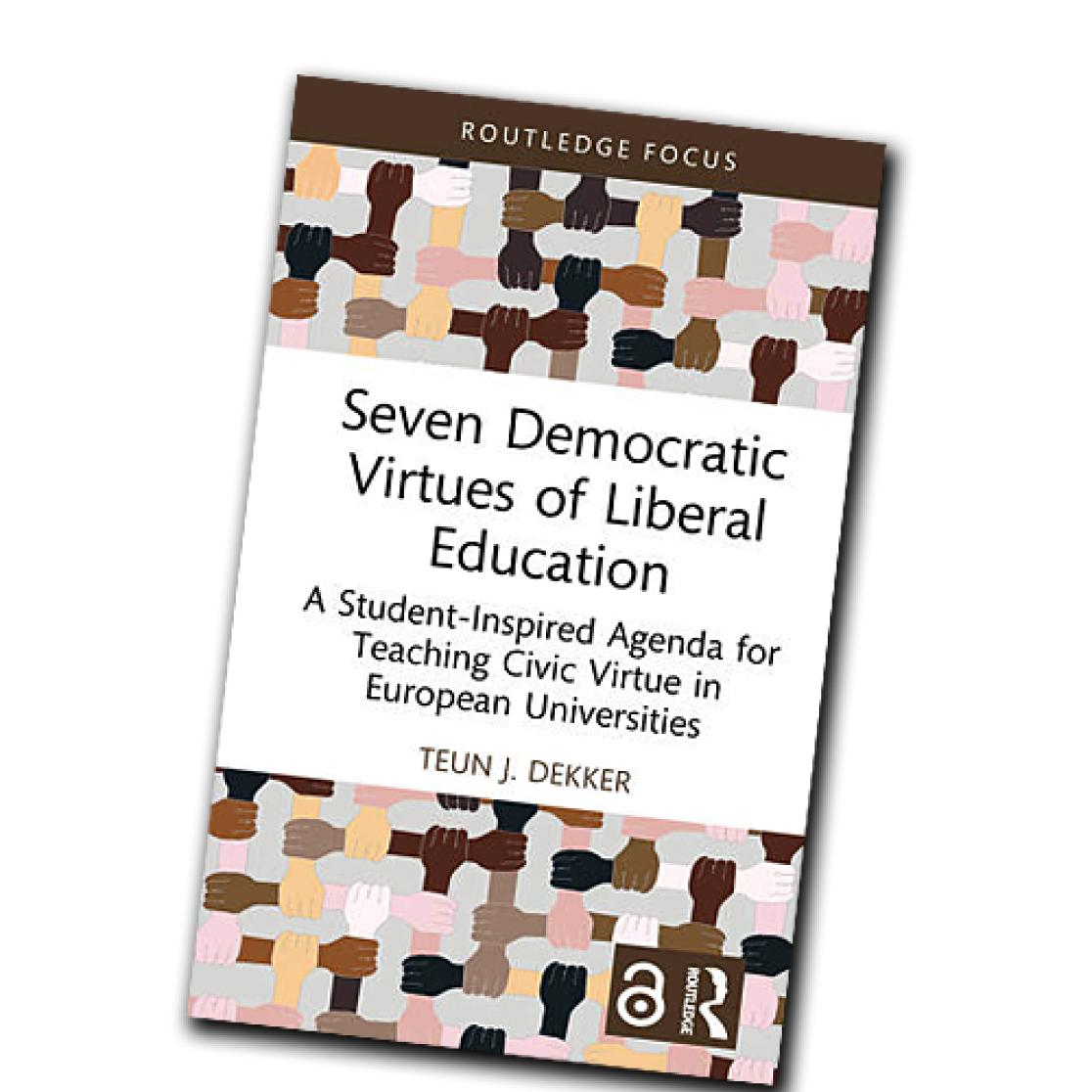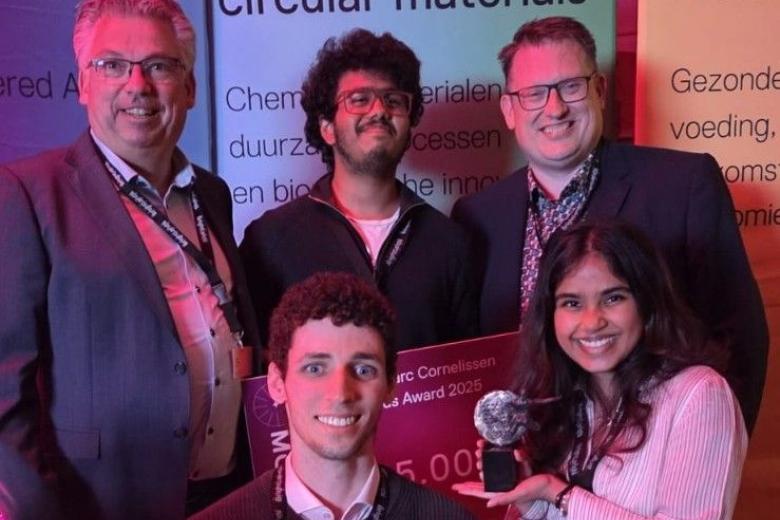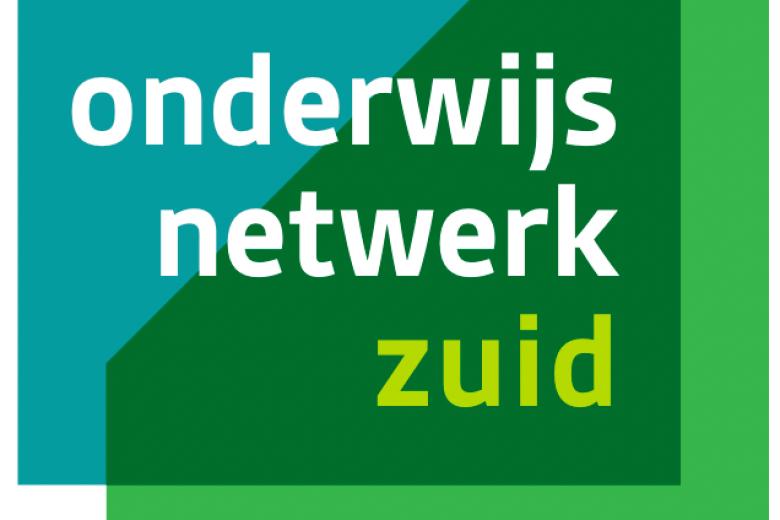Today’s student is the democratic citizen of the future
The political debate is increasingly polarised, people are no longer able to compromise and there is less and less enthusiasm to tackle major social problems. These are worrying developments, says Teun Dekker. He is Professor of Liberal Arts and Sciences Education at University College Maastricht (UCM) and has delved into the question of how we can best educate our students so that they can later participate as full, democratic citizens in solving the problems in our society.
Teun Dekker sees the Liberal Arts & Sciences education model as an inspiration for other educational institutions looking for ways to give students a broad, solid foundation as democratic citizens of the future.
"The interdisciplinary programme, sometimes unfairly criticised as 'too broad' and therefore meaningless, actually offers the opportunity to learn to deal with different perspectives. Students need that in later life in order to be able to work together with all kinds of people in order to solve problems and reach compromise. That is the essence of democracy," Dekker says.
"LAS students are educated with a great sense of community. This helps boost their sense of responsibility and solidarity. Furthermore, by studying all kinds of social issues, students learn to seek the best solutions together through democratic discussion, not struggle."
Seven Democratic Virtues
Dekker's latest book on the subject is titled Seven Democratic Virtues of Liberal Education - A Student-Inspired Agenda for Teaching Civic Virtue in European Universities. It’s available for free via open access.
The book is based on interviews with Liberal Arts and Sciences students from across Europe. Dekker hopes it will build awareness among scientists, education experts, politicians, and ordinary citizens that educational institutions have an important educational and social task that goes beyond providing knowledge and training students for the labour market.
Click here for a UM background interview marking Teun Dekker's inauguration.

Also read
-
Roy Broersma (CEI): Guiding Aestuarium from idea to venture
Roy Broersma, director of the Center for Entrepreneurship & Innovation (CEI) at SBE, has been closely involved in guiding Aestuarium from an early student startup to a growing venture. From spotting their potential during the Brightlands Startup Challenge supporting them through CEI.
-
Despite a less tight labour market no end to shortages in healthcare, education, and tech
Interesting new findings in the report 'The Labour Market by Education and Occupation until 2030' from the Research Centre for Education and the Labour Market (ROA) at Maastricht University.
-
A strong education network for Brabant and Limburg: better alignment, less dropout
On November 24, 2025, secondary schools (VO) and higher education institutions (HO) in Brabant and Limburg signed up for the Education Network South Netherlands: one VO-HO network that will improve the flow of students to further education and reduce dropout rates.